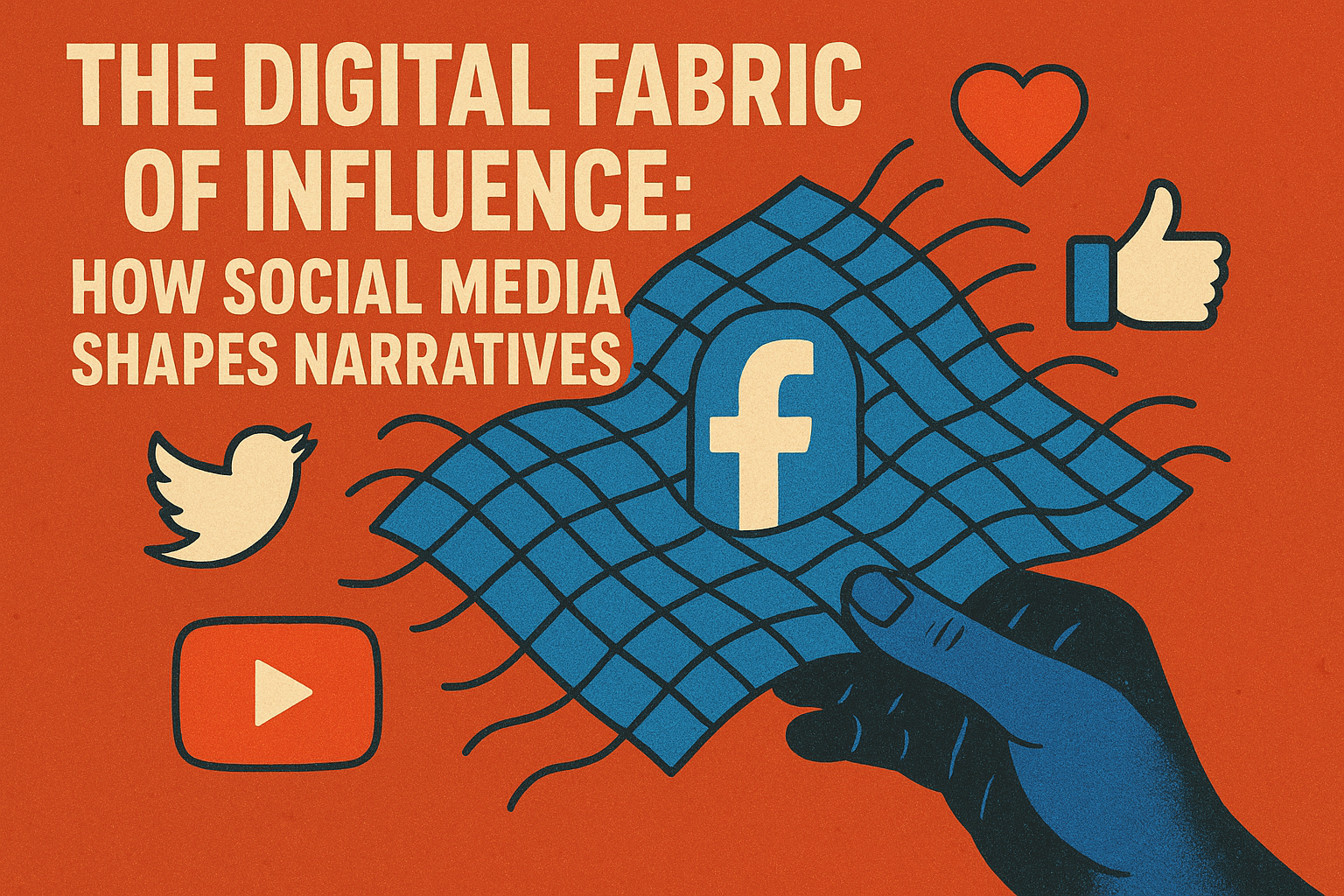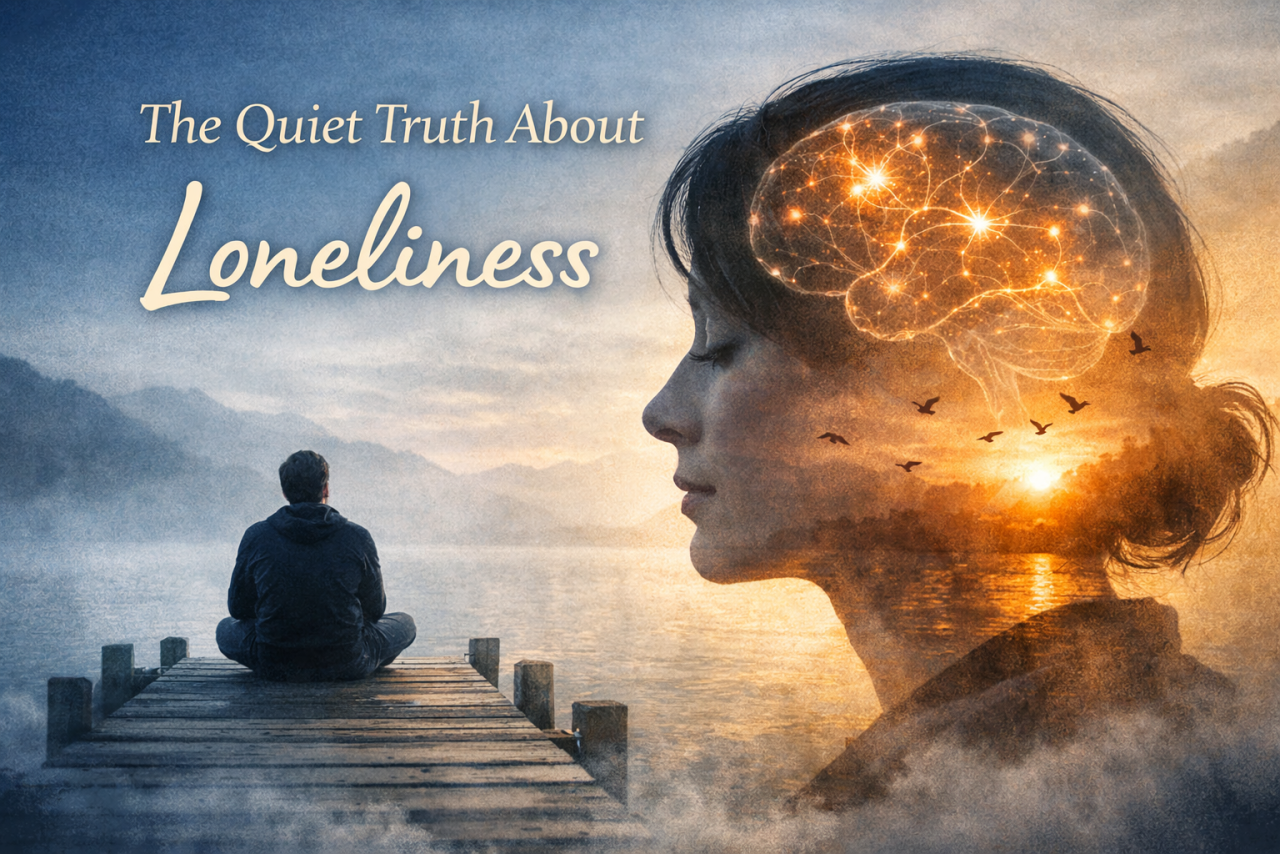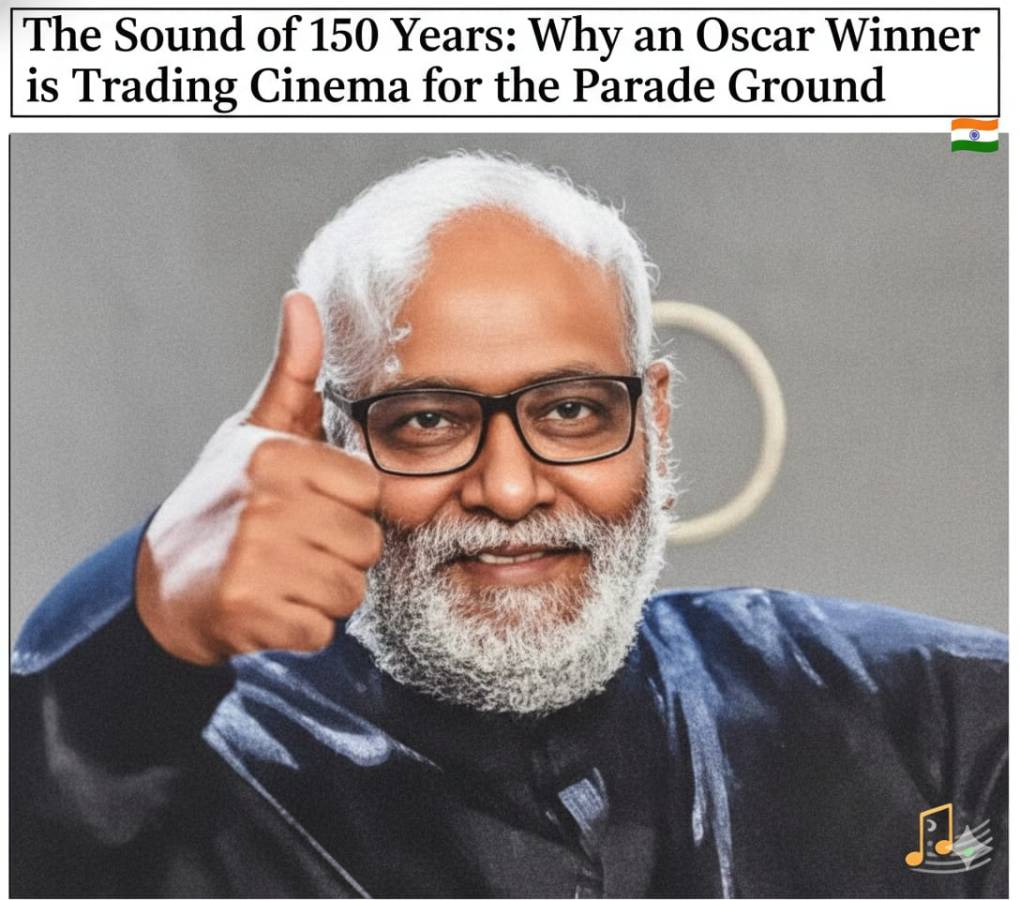
In the sprawling landscape of contemporary society, social media has emerged as an omnipotent force, weaving intricate narratives that shape public opinion and personal belief systems. With the flick of a finger, individuals are transported into a realm where ideas proliferate with unprecedented speed, and the voices of the many rises in a cacophony that often drowns out the singular, reflective thought. The significance of this phenomenon cannot be overstated, for it is within these digital confines that the very essence of discourse has transformed, redefining the dynamics of influence and persuasion.
At the heart of this transformation lies the capacity of social media to function as a modern agora, a marketplace of ideas where diverse perspectives converge. Here, the citizenry is not merely a passive audience but an active participant in the dissemination of narratives. The platforms that once promised connection have become battlegrounds for ideological supremacy, where every post, tweet, and share can sway the opinions of countless individuals. This democratization of voice has given rise to a new order of discourse, one where the loudest and most persuasive often prevail, irrespective of the veracity of their claims.
The speed at which information circulates within these digital corridors is staggering. A single tweet can ignite a firestorm of debate, propelling topics into the public consciousness within minutes. The traditional gatekeepers of information—the journalists, editors, and intellectuals—find themselves in a state of disarray, struggling to maintain authority in a world where anyone with an internet connection can assert their narrative. This shift is emblematic of a broader societal change, where the lines between fact and opinion blur, and the sheer volume of discourse can obscure clarity and reason.
Consider the recent surge of social movements that have taken root in this fertile soil. Hashtags emerge as rallying cries, galvanizing individuals across the globe to unite under shared causes. Movements that once simmered beneath the surface have found their voice, fueled by the immediacy of social media. The power of a hashtag to shape collective identity is undeniable, as it serves not merely as a marker of solidarity but as a means to propagate narratives that challenge the status quo. Yet, the very nature of these movements raises questions about authenticity and depth. In an age where attention is fragmented and fleeting, the risk of commodifying activism becomes palpable, as issues are distilled into bite-sized content, stripped of their complexity.
Moreover, the algorithms that govern social media platforms play a crucial role in shaping the narratives that gain traction. These algorithms, designed to maximize engagement, often promote content that evokes strong emotional responses—outrage, joy, fear—thereby amplifying sensationalism at the expense of nuance. In this environment, the narratives that dominate are those that resonate on a visceral level, regardless of their grounding in truth or reason. The danger is evident: public opinion becomes a reflection of what is trending rather than what is thoughtfully considered.
In such a milieu, the individual becomes both the author and the audience of their own narrative. The personal and the political intertwine, as users curate their identities through the lens of social media. Each post is an assertion of self, a declaration of belief, and in this act of curation, the boundaries of authenticity blur. The pressure to conform to popular sentiment can lead to echo chambers, where dissenting voices are silenced or disregarded, creating an environment where critical thinking falters. The tragedy lies in the fact that meaningful discourse, once the hallmark of a thriving democracy, is supplanted by the pursuit of likes and shares.
It is within this context that we must critically examine the implications of social media on our collective psyche. The narratives constructed in these digital spaces shape not only individual opinions but also the cultural landscape at large. They dictate the issues deemed worthy of attention, influence political discourse, and determine the parameters of acceptable debate. The implications are profound: as society becomes increasingly polarized, the ability to engage in constructive dialogue diminishes, paving the way for division and conflict.
Finally, social media stands as a powerful architect of narrative in our contemporary world. Its capacity to shape public opinion and influence individual beliefs is unparalleled, yet it comes with a caveat. The democratization of voice, while laudable, necessitates a commitment to discernment and critical engagement. As individuals navigate this complex digital terrain, they must cultivate an awareness of the narratives being propagated and the forces that shape them. In doing so, they can reclaim agency over their beliefs, ensuring that the cacophony of voices serves not as a barrier to understanding but as a catalyst for thoughtful discourse and genuine connection. The challenge lies before us: to harness the power of social media as a tool for enlightenment, rather than allowing it to devolve into a mechanism of division.





















